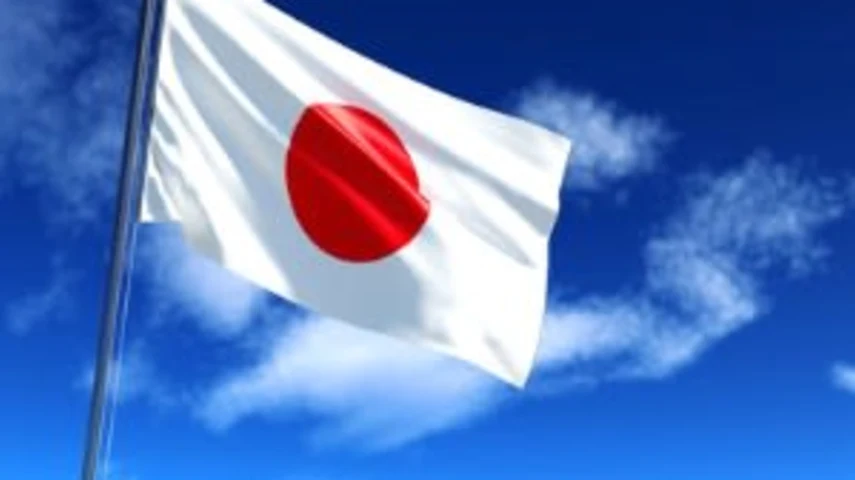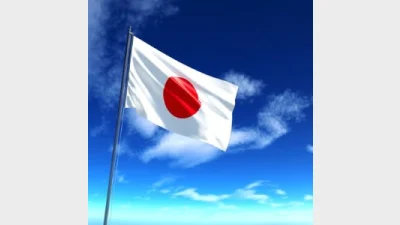The long-term struggle for Japan funds



Japanese funds have struggled to outperform the Nikkei 225 over all time periods, with no funds outperforming over three or five years.
The Nikkei 225 was Japan’s main stockmarket, having been launched by the Tokyo Stock Exchange in 1950.
Within FE Analytics’ Australian Core Strategies universe, there were four funds which focused solely on Japan – BetaShares WisdomTree Japan ETF Currency Hedged, Pendal Japanese Share, Platinum Japan and BlackRock iShares MSCI Japan ETF.
The latter three of these funds were all launched in the late 1990s while the BetaShares fund was only launched in 2016.
Not only had the funds failed to beat the Nikkei, they had also underperformed the wider Asia single country sector over one, three and five years.
Taking the longest time period, the Nikkei 225 had returned 172% over 10 years to 28 February and only one fund had outperformed, Platinum Japan which returned 224%.
Looking ahead, Platinum Japan fund manager, Scott Gilchrist, said: “The global backdrop appears uncertain, yet the system trundles on. Despite the swirling problems, it is hard not to notice the looming shortages of some critical components and surging prices for various commodities and services. In many ways, the aftershocks of the pandemic will be felt for many years to come”.
Over five years, the Nikkei had returned 77% and the sector had returned 70% with all three funds returning less than both of these. The best-performing fund was BetaShares which returned 57%. The fund had its largest weightings to consumer discretionary and technology stocks while its largest holdings were Toyota and Sony.
Looking at three years, the Nikkei returned 34% and the sector returned 23% while the best-performing fund, Pendal Japanese Share, returned 20%.
In a quarterly update, Pendal said: “We remain focused on owning a portfolio of companies that have the ability to withstand a lengthy slow-down in the economy if it is to eventuate, yet at the same time outperform peers. We will also remain vigilant in looking for opportunities to buy businesses that are trading in our view at significant discounts to what we consider to be their long-term value.
“We remain very much of the view that in order to optimise equity market returns, investors are best placed by owning a concentrated portfolio of companies, who have the ability to sustain their business models over the longer term.”
More recently, the BetaShares fund returned 30.4% over one year to beat both the sector and the index which returned 16% and 15% respectively.
Funds which excluded Japan which performed better than those which included it as the Asia Pacific ex Japan sector had returned 193% over 10 years compared to returns of 125% by the Asia Pacific single country sector.
Recommended for you
LGT Wealth Management is maintaining a neutral stance on US equities going into 2026 as it is worried whether the hype around AI euphoria will continue.
Tyndall Asset Management is to close down the Tyndall brand and launch a newly-branded affiliate following a “material change” to its client base.
First Sentier has launched its second active ETF, offering advisers an ETF version of its Ex-20 Australian Share strategy.
BlackRock has revealed that its iShares bitcoin ETF suite has now become the firm’s most profitable product line following the launch of its Australian bitcoin ETF last month.












